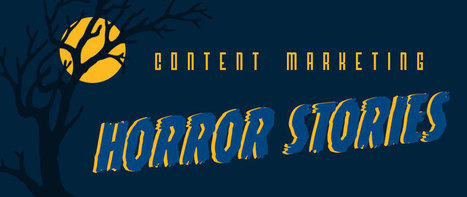It seems like everyone has something controversial to say about sponsored content these days, from John Oliver on HBO to even us here at Contently.Much of that controversy centers around two key questions: Is brand-backed content on publisher sites labeled well enough? And is it eroding the publishers’ editorial independence and reputation?
Now, a Google engineer has taken on this transparency and labeling challenge with a browser plug-in for Chrome and Firefox called AdDetector, that adds another layer of labeling to sponsored posts. It’s drumming up a fair amount of buzz in the media world already....



 Your new post is loading...
Your new post is loading...















Bravo!